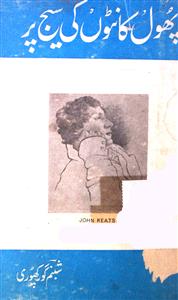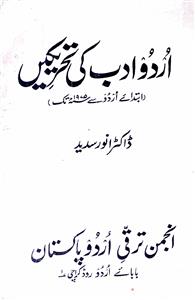 For any query/comment related to this ebook, please contact us at haidar.ali@rekhta.org
For any query/comment related to this ebook, please contact us at haidar.ali@rekhta.org
About The Author
John Keats (1795-1821) was a renowned English Romantic poet known for his lyrical and sensuous verse. He was born in London on October 31, 1795, and faced early hardships at a young age due to the loss of both his parents. Despite financial difficulties, he was keenly interested in literature and poetry from an early age.
Keats began his poetic career in 1816 and quickly gained recognition for his vivid imagery, emotional intensity, and mastery of language. His notable works include "Endymion," "Ode to a Nightingale," "Ode to a Grecian Urn," and "To Autumn," which are widely considered some of the finest examples of Romantic poetry.
Keats was part of the second generation of Romantic poets, along with Percy Bysshe Shelley and Lord Byron. He was deeply influenced by nature, mythology, and the world's beauty. His poetry often explored themes of beauty, love, mortality, and the transient nature of life.
Sadly, Keats' promising career was cut short by his untimely death at the age of 25 due to tuberculosis. Despite the brevity of his life, Keats left a lasting legacy, and his contributions to English literature continue to be celebrated. His work has inspired countless poets and readers, and he is regarded as one of the key figures in the Romantic movement. Keats' enduring influence is reflected in the continued admiration and study of his poetry, which remains a significant part of the literary canon.
 For any query/comment related to this ebook, please contact us at haidar.ali@rekhta.org
For any query/comment related to this ebook, please contact us at haidar.ali@rekhta.org












